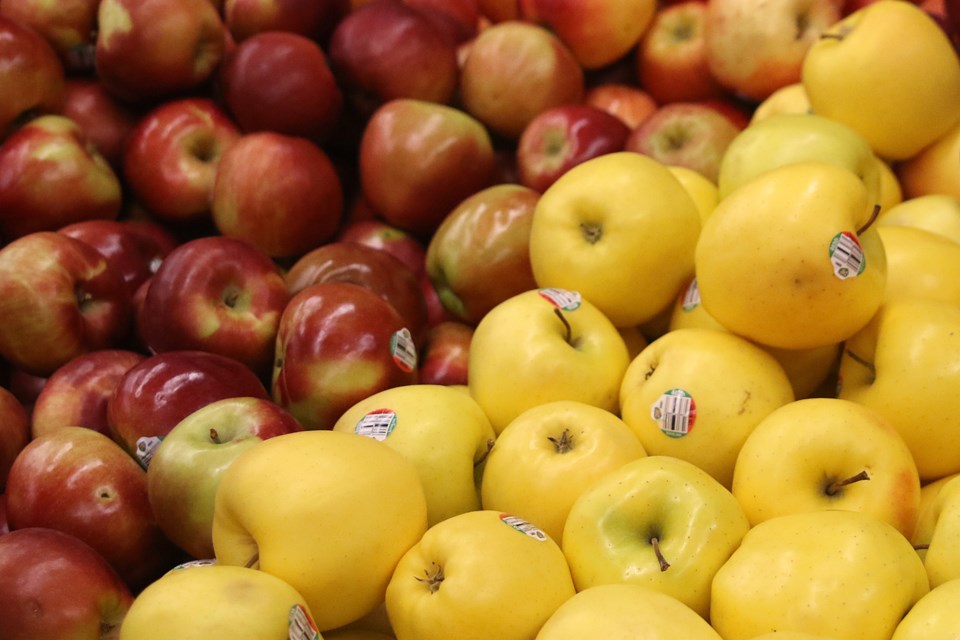Scientists at the University of Guelph have come up with a formula that will help preserve the shelf-life of fresh produce and reduce food waste – a significant invention that has generated global interest from corporations and promises social and economic benefits to local economies.
Professor Gopinadhan Paliyath, in the Department of Plant Agriculture, said the Enhanced Freshness Formulation he developed uses hexanal, a naturally-occuring compound that slows the ripening process.
A plant’s structure changes during ripening and cell membranes become damaged. His formulation keeps the cells from becoming damaged thereby slowing the ripening process and increasing their shelf life.
In an interview, Paliyath said studies indicate plants that are treated pre-harvest fare better that those treated only after harvest. Applying the formulation before and after harvest increases the ripening time exponentially, allowing the grower the ability to control the pace of ripening of a crop and also the price. Studies have show the ripening process can be slowed between one and three weeks with treatment.
This is different from current practice, where a grower harvests all his crop at the same whether it’s ripe or not.
“The grower gets very little money,” Paliyath said. “It’s the middleman who makes the money. But when a grower sprays, he controls ripening, can store produce safely and release it gradually. There’s no glut on the market. It will help keep prices stable.”
For the same reasons, the formulation should help reduce food waste, Paliyath said.
“About $800 billion of food is wasted annually because it doesn’t keep fresh,” he said. The Enhanced Freshness Formulation should help more food get to market, he said.
The formulation can also take a vapour form and that can help pre-treated harvests keep from bruising during transport.
Paliyath said he began his research in the late 90s. Key to his formulation was the discovery that hexanal, a compound found naturally in fruits and vegetables, works by slowing the growth and spread of the enzyme that hastens fruit ripening.
“It’s been a tortuous route,” he said with a laugh. “But we have done trials in India, in Sri Lanka, in Kenya, in Canada. And interest is spreading all over the world.``
Working with Paliyath are graduate students Shanthanu Krishnakumar and Amer Cheema; Priya Padmanabhan, a research associate; and Jayasankar Subramanian, a plant agriculture professor.
Paliyath said an American company is interested in selling the product and is seeking regulatory approvals. Once that hurdle is met -- in another year or two -- it should be easier to market in other countries too, including Canada, he said.
Hexanal is already used in the food industry as a taste enhancer, so using it for this kind of application should only make fruit and vegetables taste better, he said.
